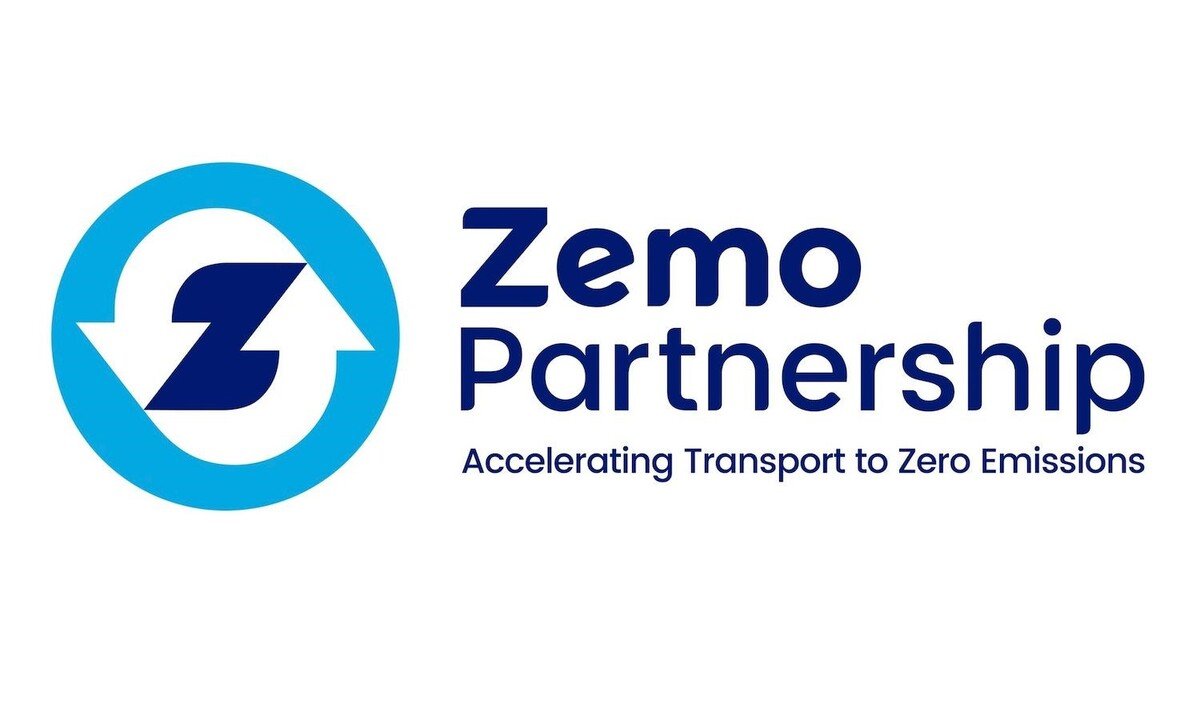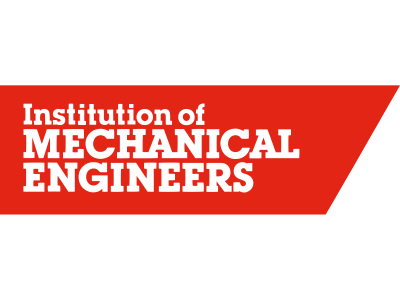Navigating the Reliability Curve: Why the Maritime Industry Should Embrace Hydrogen Fuel Cells

Navigating the Reliability Curve: Why the Maritime Industry Should Embrace Hydrogen Fuel Cells
By Jeremy Bowman, CTO
When crossing an ocean, reliability is not just a preference—it is a necessity. When a ship is at sea, it operates far from the safety nets that ground-based vehicles take for granted. A broken-down car can be towed to the nearest mechanic within hours, but a malfunctioning ship stranded in the middle of the ocean can take weeks to recover. The ripple effects of such delays are felt across global supply chains, impacting crew safety, economic stability, and the day-to-day operations of businesses around the world.
Recent high-profile shipping failures have brought the consequences of such events into sharp focus. However, there is still an air of the ‘if it ain’t broke’ attitude hampering innovation that could actually drive greater reliability. If we leave the comfort zone of traditional engines we know work almost all of the time, might we be limiting our potential to discover engines that are cleaner, more efficient, and – dare it be said – more reliable too?
The Domino Effect of Shipping Failures
When a ship fails, the consequences are not confined to the vessel itself. The global economy is tightly interwoven with maritime transport, and even a small disruption can have far-reaching effects. The blockage of the Suez Canal by the Ever Given in 2021 is a prime example of how a single shipping failure can send shockwaves through global trade. The incident delayed the movement of goods worth billions of dollars, strained supply chains, and led to significant financial losses for companies worldwide.
The fear of similarly catastrophic disruptions is a significant factor in the industry’s reluctance to adopt new technologies, particularly those that have not yet been proven over decades of use. This conservative approach is understandable, but it also poses a barrier to the adoption of more sustainable energy solutions.
The Link Between Reliability and Resistance to Change
The intense focus on reliability leads maritime leaders to, quite understandably, form their own reliances. Unfortunately, for shipping, this reliance is on fossil fuels. Internal combustion engines (ICEs), powered by such fuels, have been the backbone of the industry for over a century. Through relentless development and refinement, ICEs have become incredibly dependable, with their complex interactions honed to near perfection.
Comfort with established technology breeds resistance to change. When asked to compare and contrast two solutions, one achieved through more than 100 years of continuous improvement, and one a novel solution that uses a new source of energy, the status quo is difficult to challenge.
The maritime sector’s cautious approach is underpinned by the concern that new technologies often come with initial teething problems. Changes in fuel types or propulsion systems can introduce unknown variables, potentially leading to decreased reliability in the short term. For an industry that operates in some of the most challenging environments on the planet, the concept of trying something that feels so new can be a hard one to float.
Fuel Cells: A Path to Greater Reliability and Sustainability
Whilst many think of alternative sources of energy to fossil fuels as an emerging technology that is still in its nascent stages, many suitable alternatives are actually approaching superiority to the engines that have been decades in refinement.
Hydrogen fuel cells have the potential to not only match but exceed the reliability of ICEs in the long run. Fuel cells are fundamentally simpler than internal combustion engines. They have fewer mechanical and moving parts, which means there are fewer components that can fail – While ICEs are highly complex machines that rely on intricate interactions between many parts, fuel cells operate on a much simpler principle of generating electricity through a chemical reaction between hydrogen and oxygen, with water as the only byproduct.
The relative simplicity of fuel cells suggests that, with adequate development, they could become far more reliable than ICEs. While it is true that fuel cells do not yet have the mechanical heritage that ICEs do, they have a significant advantage: the knowledge and experience gained from the development of internal combustion engines can be applied to accelerate the maturation of fuel cell technology. This means that the development curve for fuel cells could be much shorter, and they could quickly reach a level of reliability that even surpasses that of ICEs.
Furthermore, hydrogen fuel cells offer other advantages that enhance their appeal as a future maritime fuel source. They require less maintenance than ICEs, not only reducing operational costs but also minimising the potential for breakdowns.
As hydrogen production and storage technologies continue to advance, the logistical challenges associated with using hydrogen as a maritime fuel will diminish, further bolstering its reliability.
Embracing the Future: A Strategic Shift for the Maritime Industry
The maritime industry faces a legitimately difficult decision, that is all at once new and also as old as most industries that survive today: continue to rely on what is tried and tested, never daring to update (if not fix) what isn’t broken, or to embrace a technology that promises greater reliability and sustainability in the long term, even if it means leaving behind conventional wisdom.
Whether or not to make the leap is a question of timing. It is important to recognize that there will be a period of adjustment as the industry learns how to integrate fuel cell systems into existing maritime operations. If there is a small dip in overall system reliability as new technologies are refined and adapted, it will be a temporary challenge, one that will be overcome as fuel cells undergo further development and testing and severely mitigated by taking a measured and informed approach to rollout, working with experts who eat, sleep, and breathe hydrogen.
This potential dip in reliability can be further reduced by using other new, complementary technologies in the field of real-time monitoring and prognostics. With these modern toolsets providing ongoing information to both operators and equipment suppliers, issues can be identified and resolved before reaching critical situations where failure can occur.
By coupling technologies from established suppliers with highly proficient development processes and procedures, such as automotive OEMs, and engineering into vessels using experts who have gained wide-ranging experience in application of these new systems, the risk of poor reliability can be significantly reduced.
Ultimately, the maritime industry must balance the short-term risks of adopting new technology with the long-term benefits of greater reliability and sustainability. By taking a proactive approach and investing in hydrogen fuel cell technology now, the industry can position itself at the forefront of a more sustainable future. While the transition to fuel cells may come with initial challenges, the rewards—reduced emissions, lower maintenance costs, and ultimately, greater reliability—are well worth the investment.




















